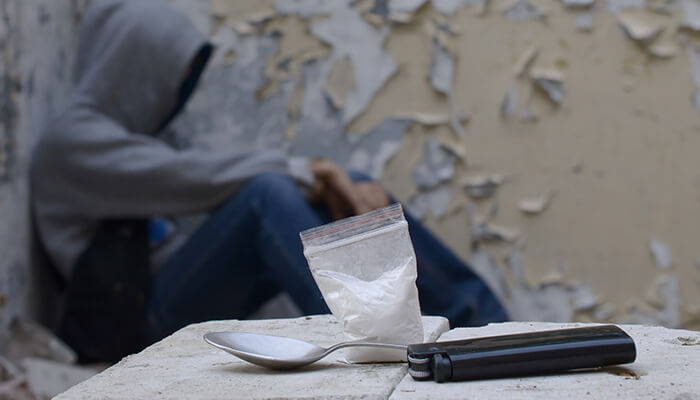Drug abuse can be defined as a disease characterized by using a drug in an unhealthy manner. It is a relapsing illness that is treated by a series of interventions. These include abstinence, relapse prevention, and rehabilitation.
Symptoms of Chemical Dependency Can Also Occur in Other Mental Illnesses
Chemical dependency and addiction are often confused with one another. In fact, both of these are relatively common disorders affecting all ages, income levels, and ethnic groups. The two are not mutually exclusive, however. A successful recovery program should take into account underlying mental health issues. Click here to see what program works best to treat this problem.
There are numerous benefits to seeking treatment, including reducing the risk of relapse. Successful recovery usually starts with a successful detox program. Detox can be done in the comfort of your own home or in a medically supervised environment. You will need a supportive group to help you through the process.
Chemical dependency and addiction are often accompanied by one or more psychiatric disorders, such as depression or bipolar disorder. If left untreated, these illnesses can increase the likelihood of relapse. Some people are more prone to chemical dependency than others.
Psychological Costs of Drug Abuse
Drug abuse has a significant impact on the economy and society. It affects occupational development, academic performance, and interpersonal relationships. It also contributes to accidents, crimes, and disease.
Drug abuse has become a social and legal problem in many countries. The consequences of substance misuse can include arrests, violence, domestic violence, and homicide.
Research indicates that substance abuse increases the risk of mental disorders. One study found that nearly 50 percent of the population who abuse alcohol and drugs has at least one mental disorder.
Addiction is the state of being physically and psychologically dependent on a substance. It is characterized by compulsive drug seeking and use. A person with an addiction may spend a lot of time trying to stay clean.
Substance abuse has become a growing problem in the United States. While it has decreased among adults in recent years, it has continued to increase among adolescents.
Addiction is a Relapsing Disease
Addiction is a complex disease with multiple consequences for the patient and their family. It can also affect other people in the community. For instance, it can result in violent behavior, financial losses, and even legal consequences.
One of the best ways to combat this problem is to educate yourself. There are many resources available, such as treatment programs and support groups. You can learn about the signs and symptoms of addiction and what you can do to help prevent it.
Relapse is one of the most common outcomes of substance abuse. Although it is not a permanent condition, it is a serious concern.
During a relapse, the user will experience withdrawal symptoms. They may also experience other side effects, such as violence and relationship problems.
Treatment Involves Abstinence, Relapse Prevention, And Rehabilitation
A journey to recovery is intensely personal. Individualized treatment plans work best. Treatment may include counseling, medication, and other interventions. Taking prescribed medications as directed is an essential part of preventing relapse.
Relapse occurs in up to 40 percent of all drug addiction cases. It can happen after a short period of abstinence, a lifetime of sobriety, or after a long-term treatment program. Some relapses occur unexpectedly.
Relapse can lead to an overdose, legal issues, and social problems. It can also be a cause of death. This is why addicts need to take action to avoid relapse.
Addiction treatment typically includes ongoing behavioral therapy and counseling. A relapse prevention plan is an essential component of drug addiction treatment. The plan outlines strategies for avoiding relapse and minimizes the cravings that can lead to deterioration.
Interventions Can Help People Struggling With Addiction
You might want to consider an intervention if you’re looking for ways to assist people struggling with addiction. These are gatherings where friends and family members come together to confront an addict’s behavior. It is a way of showing the addict that you care and that they need help.
When planning an intervention, you should meet with a substance use counselor to determine the best way to approach the situation. You should also gather a group of supportive friends.
You should make sure that everyone involved is committed to ending codependency. This means you should be willing to support the person’s decision to go to rehab.
In addition, you should have a plan of action in place if the intervention does not work. This includes setting boundaries for the intervention and creating consequences if the person does not seek treatment.



